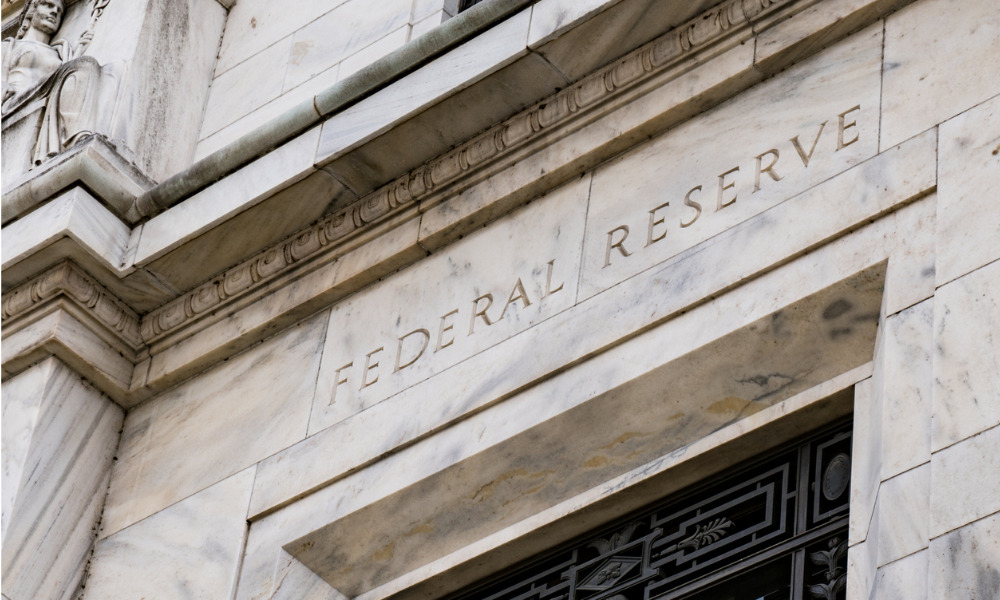

Economists are starting to think the Federal Reserve is keeping money a little too tight.
That’s the takeaway from results of a National Association for Business Economics poll published Monday, which showed 21% of respondents considered the US central bank’s current monetary policy stance to be “too restrictive” — the most since 2011.
The results, published ahead of NABE’s annual economic policy conference this week in Washington, were collected between Jan. 23-30, just before the Fed’s most recent policy meeting on Jan. 30-31.
Fed officials raised their benchmark interest rate by more than five percentage points between March 2022 and July of last year, in the fastest tightening cycle since the early 1980s. Inflation receded quickly in the second half of 2023, priming expectations in financial markets that the central bank would start reducing rates early in 2024.
At the January meeting, Fed Chair Jerome Powell and his colleagues voted to leave the benchmark unchanged and signal that the next gathering in March would be an unlikely starting point for rate cuts. Investors are currently betting that easing will begin in May.
Powell cited robust economic growth and a strong job market as reasons why the Fed could take its time before beginning to undo the tightening measures. A monthly employment report published on Feb. 2 showed job creation was much higher than expected to start the year, and job growth in 2023 was also revised higher.

Recruited assets, organic growth both powered ahead

Goldman Sachs' Padi Raphael, Global Co-Head of Third-Party Wealth, said the "door is always open" regarding a potential RIA referral program, as the firm looks to serve the "mega trend" of growing wealth from independent advisors.

UBS research finds lack of planning and communication as key challenges for high-net-worth widows and next-generation women in navigating inheritances.

The proposed "all markets" fund is structured to enable quarterly redemptions, driven by investments in public equities, fixed income, and private market assets.

The firm has been dogged by compliance issues for years, resulting in multiple fines by various regulatory bodies.
From direct lending to asset-based finance to commercial real estate debt.
RIAs face rising regulatory pressure in 2025. Forward-looking firms are responding with embedded technology, not more paperwork.
